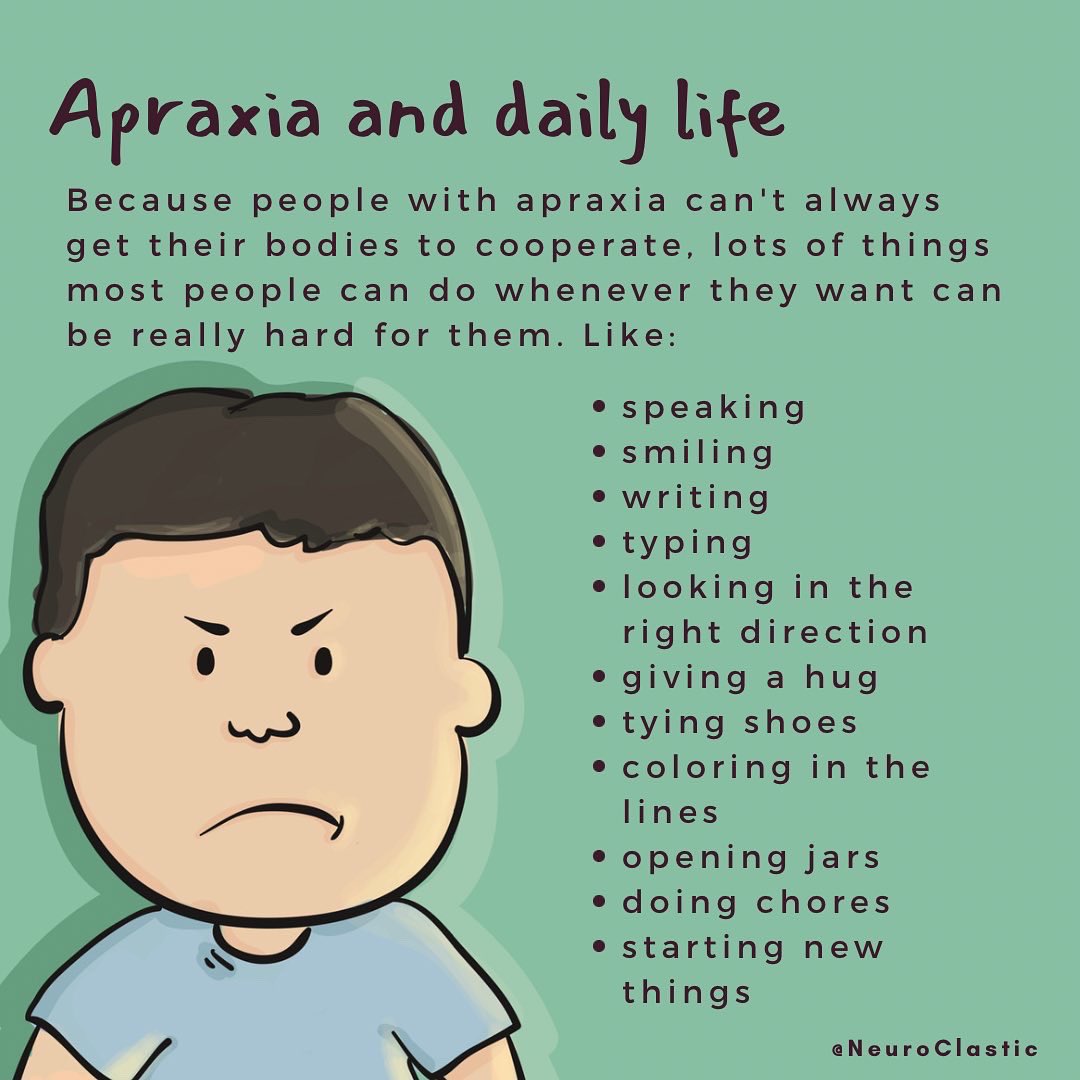Let’s talk about #RejectionSensitiveDysphoria or #RSD (a thread). Or better, let’s have @squishdivergent tell you in this excellent article: neuroclastic.com/2021/03/20/liv…
RSD is not a disorder or diagnosis. It is a phenomenon that happens to people with a long history of being invalidated and rejected, people with #complexTrauma, people with certain #mentalHealth conditions, or people with a neurological predisposition. 

RSD is common among #Neurodivergent folk, especially for #ADHDers, and can be a result of wiring and a history of being rejected. (Alt text added to images) 

RSD is like the name implies a very overwhelming fear of and reaction to real, feared, or perceived rejection. When people have lived a life of being invalidated, RSD is borne from the accumulated weight of those rejections. 

People who experience RSD can get stuck in an insidious cycle where they are starting with a history of rejection so they become a people-pleaser and have a hard time saying no. But they take on so much, they hit #burnout and can’t meet demands— which leads to more rejections. 

People who experience RSD mast isolate themselves because they internalize the shame of being rejected and avoid relationships and commitments for fear of further rejection. 

RSD thrives in uncertainty. Not knowing what another person is thinking or how they will react leaves a person who experiences RSD fearing the worst. 

RSD can feel like a spiral of negative thoughts that continue until the person is given assurance that they have not been rejected. 

These amazing graphics were created by autistic illustrator @0dds0cks and the information for them is all inspired by @squishdivergent’s article linked at the top of this thread. #mentalhealth #ptsd #cPTSD #bpd #borderline #ADHD #ActuallyAutistic #autism #perfectionism
Look for future articles about RSD and how to help yourself overcome rejection sensitivity. It should be noted that some people prefer the phrase rejection sensitivity over RSD.
• • •
Missing some Tweet in this thread? You can try to
force a refresh










